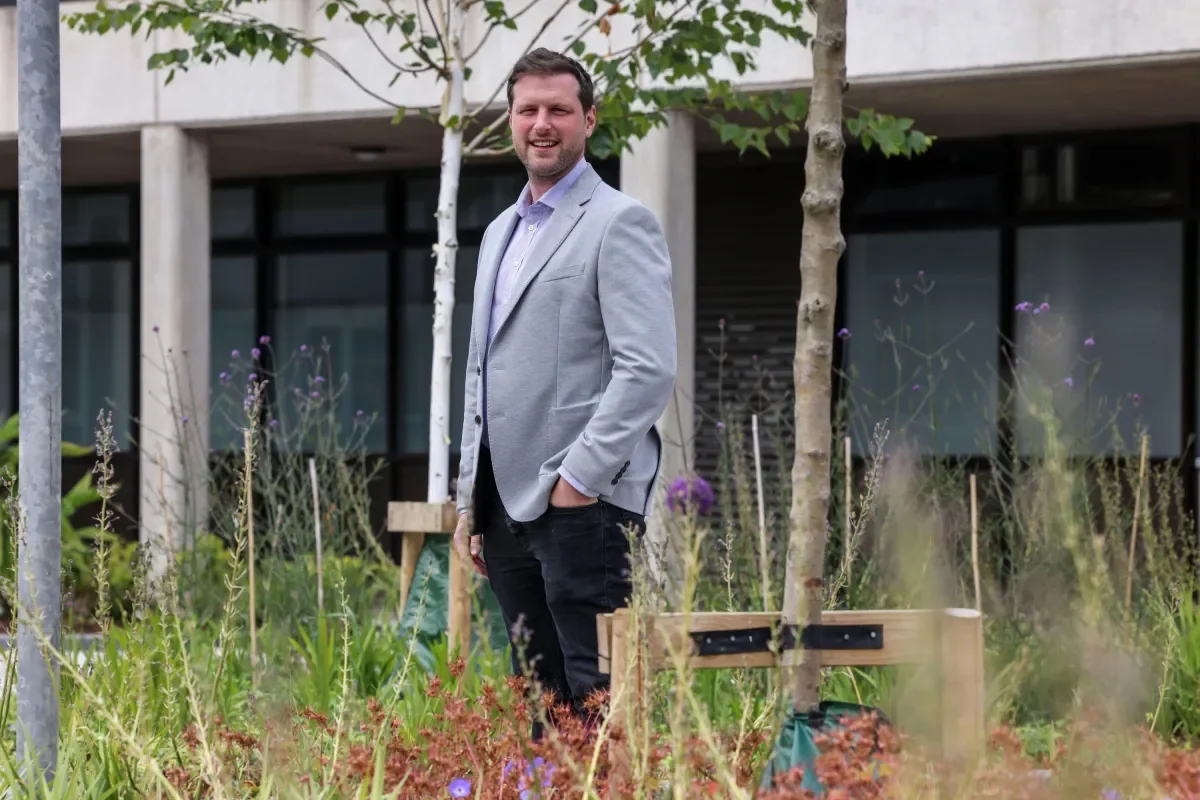
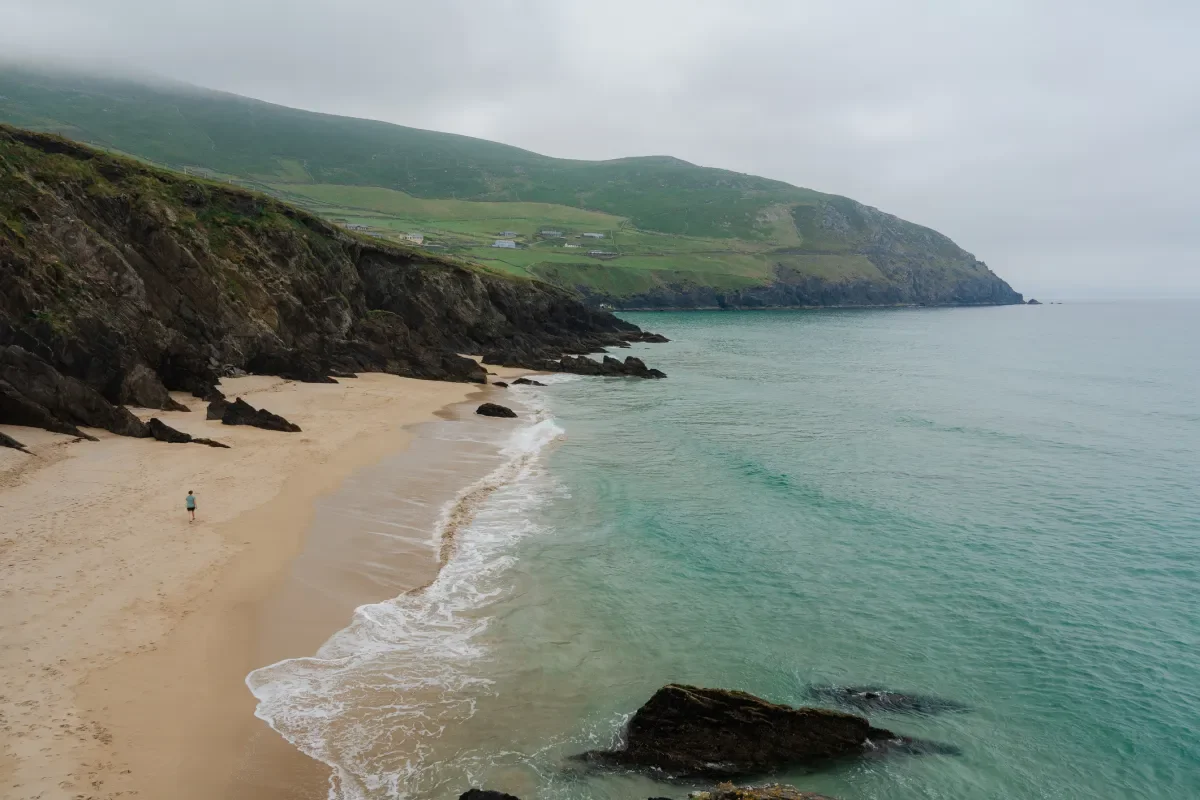
DCU Researchers awarded over €2.5 million in EPA funding
The funding comes as part of €6.9 million in funding announced by the Environmental Protection Agency today. DCU researchers are leading four of the twelve new projects.
As with the previous announcement, the projects span four headings: Addressing Climate Change Evidence Needs, Delivering a Healthy Environment, Facilitating a Green and Circular Economy, and Protecting and Restoring our Natural Environment.
Dr Ashling Bourke is leading a project set to address a critical gap in our understanding of how climate change attitudes, knowledge, and actions develop during adolescence. Dr Bourke will work alongside Dr Kristin Hadfield, Trinity College Dublin Centre for Global Health and colleagues from the DCU Centre for Human Rights and Citizenship Education, Dr Ben Mallon and Dr Rowan Oberman. This timely study will employ a unique mixed-methods approach, including qualitative life-course interviews, a three-year longitudinal study, and a citizen science project, to explore the significant influence of social agents like family, peers, school, and social media on young people's engagement with climate action. With a strong emphasis on participative research, the project aims to build a comprehensive knowledge base that will directly inform climate policy and Education for Sustainable Development, ultimately empowering young people in their response to climate change.
Dr Ashling Bourke said:
"This project is a crucial step in understanding how young people form their views on climate change and the social agents that influence beliefs and actions on climate change. By listening directly to adolescents and tracking their journeys, we aim to provide invaluable insights that will shape more effective climate policy and education for a sustainable future."
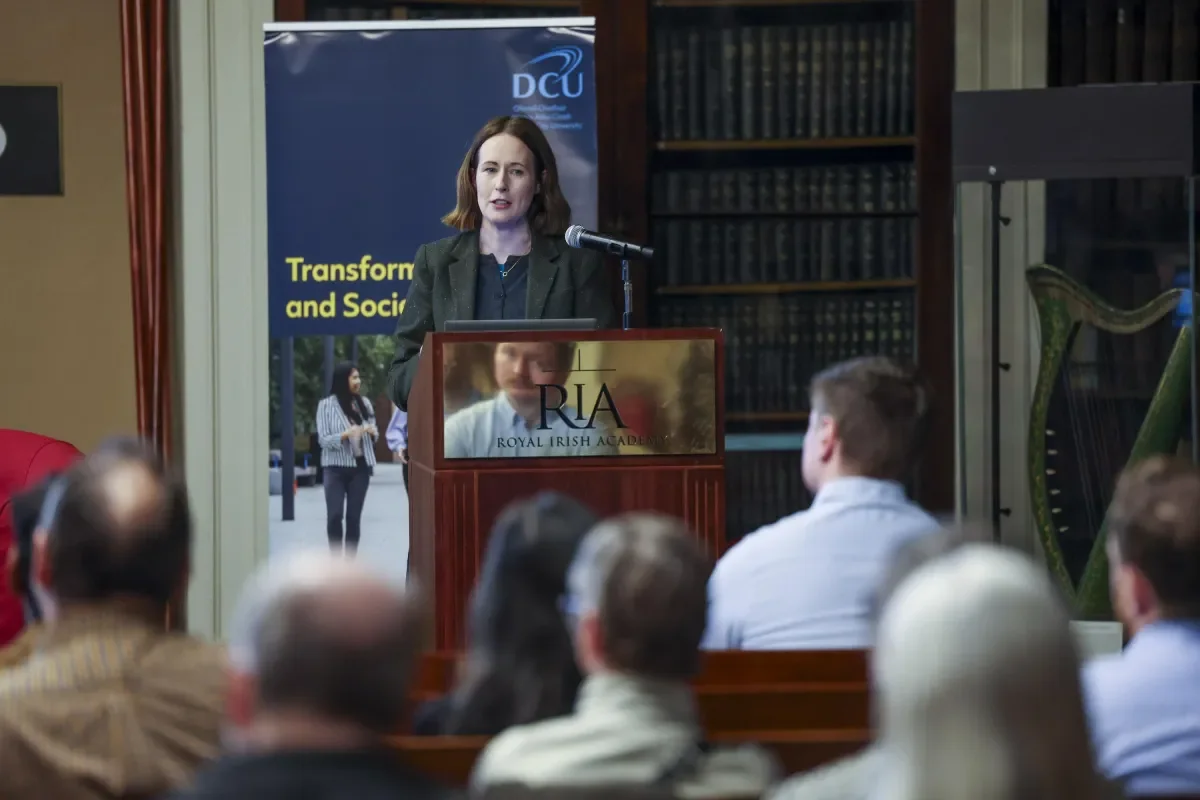
Dr Susan Hegarty will lead the Catchment Communities IECS project, which aims to create a framework - a set of tools and protocols to ensure the success of citizen science projects for water quality monitoring which can be rolled out to a national scale. These tools and protocols will be available to the wider community of researchers who use citizen science methodologies, and can be used as a framework for a National Citizen Science Programme for water monitoring.
The project has interdisciplinarity at its core, with analytical science, anthropology, science communications, hydrology, fluvial geomorphology and citizen science integrated to create a project to develop a framework for a national citizen science programme, which includes parameters to understand and influence community practices and local environmental policy.
Dr Susan Hegarty said
"More and more we are seeing communities who want to act to safeguard our natural environment. Groups and individuals are gathering data on various environmental parameters, but without an overarching coordination of this valuable data. This multidisciplinary project will create a framework so that, for the first time, communities across Ireland can work together to monitor our freshwater bodies. It will create guidelines for what is monitored, how it is monitored and how it is shared, to enable this treasure trove of information to be used to better understand our water bodies."
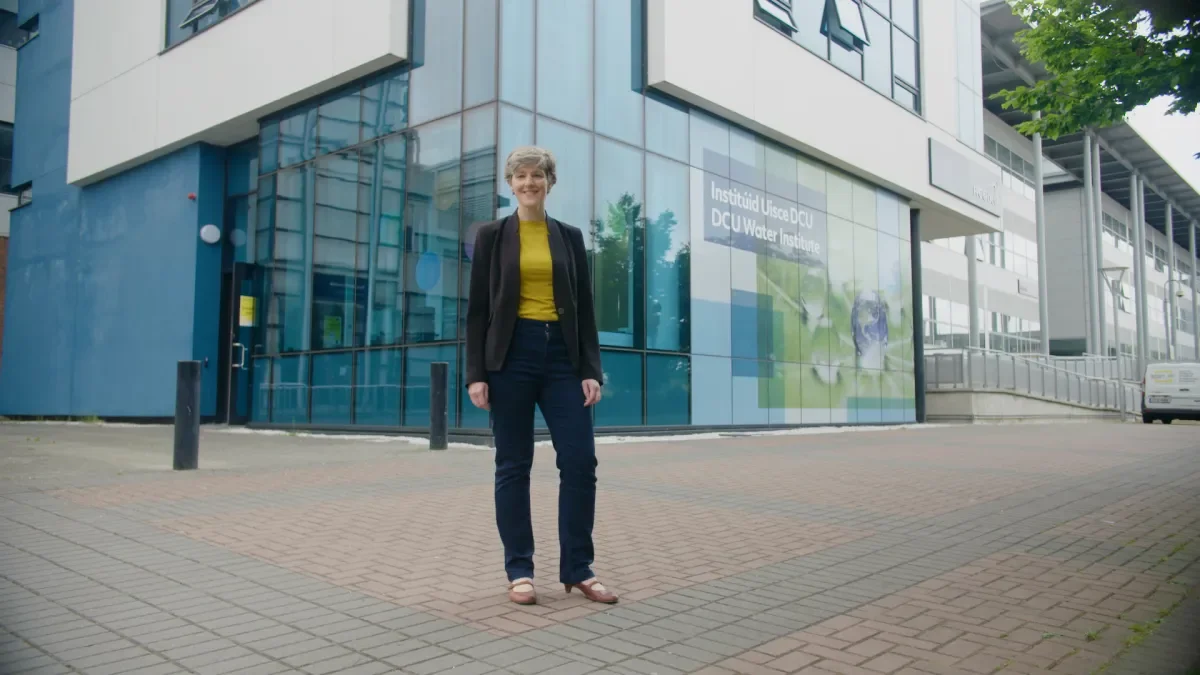
Dr Aoife Morrin is heading up the Repaint project. Waste paint is a significant environmental problem in Ireland. We export about 3,500 tonnes of paint-related waste for incineration every year. Reusing waste paint diverts paint from this waste stream. To support the many challenges in addressing this, rePAINT will develop new analytical methods and scientific processes to support paint reuse in Ireland - enabling reused paint quality assessment, microbial screening, and decontamination and polymer recovery methods. rePAINT is a partnership programme where DCU will work with the Rediscovery Centre and various civic amenity sites as well as the SME Allergy Standards, aiming to translate chemistry-based research with real-world impact to help scale sustainable paint reuse solutions.
Dr Aoife Morrin said
"We estimate that the average household in Ireland has at least 6 tins of leftover paint in their garages and sheds which is of value to the Circular Economy of paint. We are excited to work with social enterprise, county councils and private industry to come up with new rePAINT solutions that can effectively leverage this resource into paint recycling initiatives."
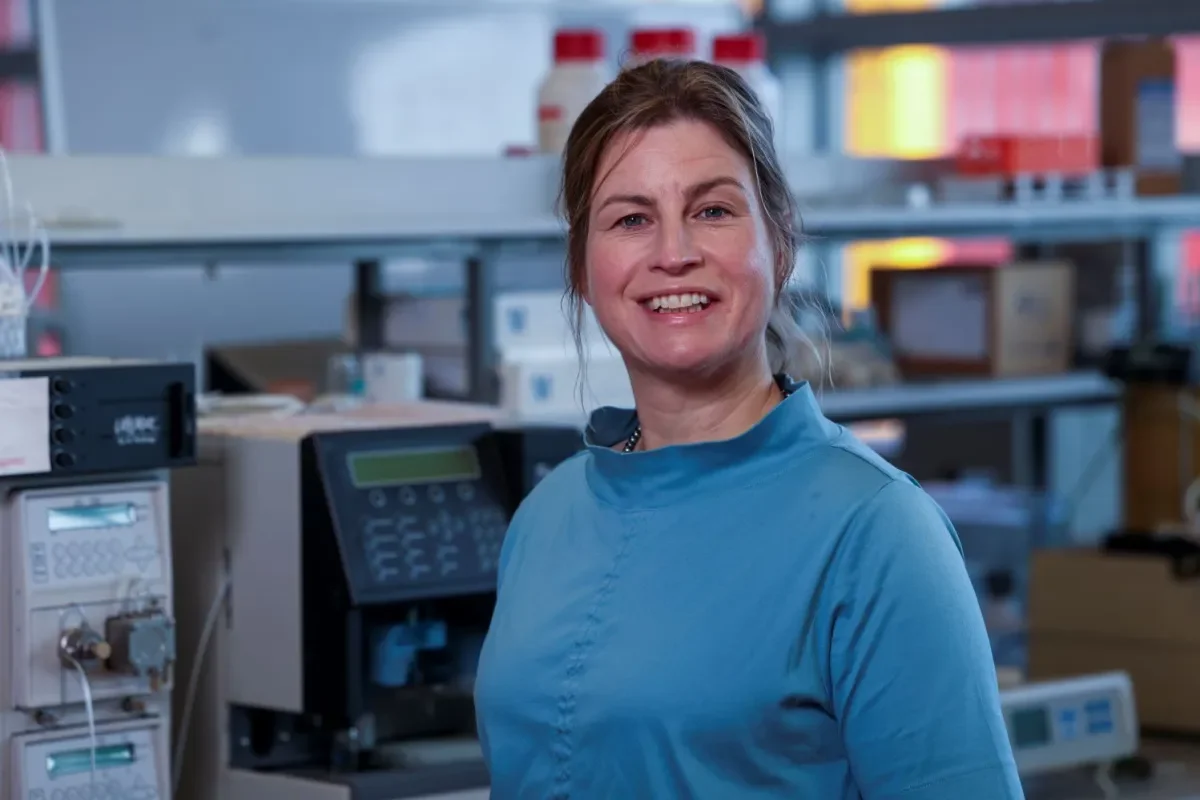
Bio-CHAMP seeks to improve understanding of airborne biological particles (pollen and fungal spores), their effects on respiratory health and how these may shift with climate change. It will look to utilize a distributed bioaerosol monitoring network across diverse locations (urban and rural) will collect year-round data using volumetric traps alongside novel instruments that provide high time-resolution counts. These data are paired with meteorological observations to build detailed daily concentration profiles.
The project also examines how outdoor bioaerosols infiltrate indoor spaces—through windows or ventilation—and evaluates mitigation measures (e.g., pollen screens or filtration) in controlled experiments using advanced laser-based quantification for robust performance data.
Dr David O’Connor said
“By combining detailed monitoring with health data and climate projections, we aim to give people the tools to anticipate and reduce allergy and asthma impacts—helping individuals and healthcare systems adapt proactively to environmental change.”
